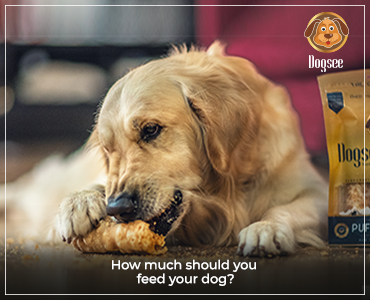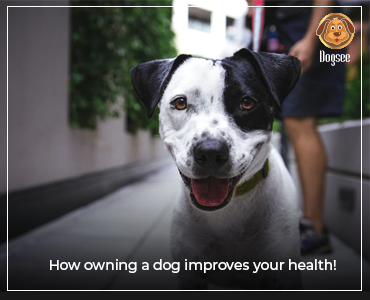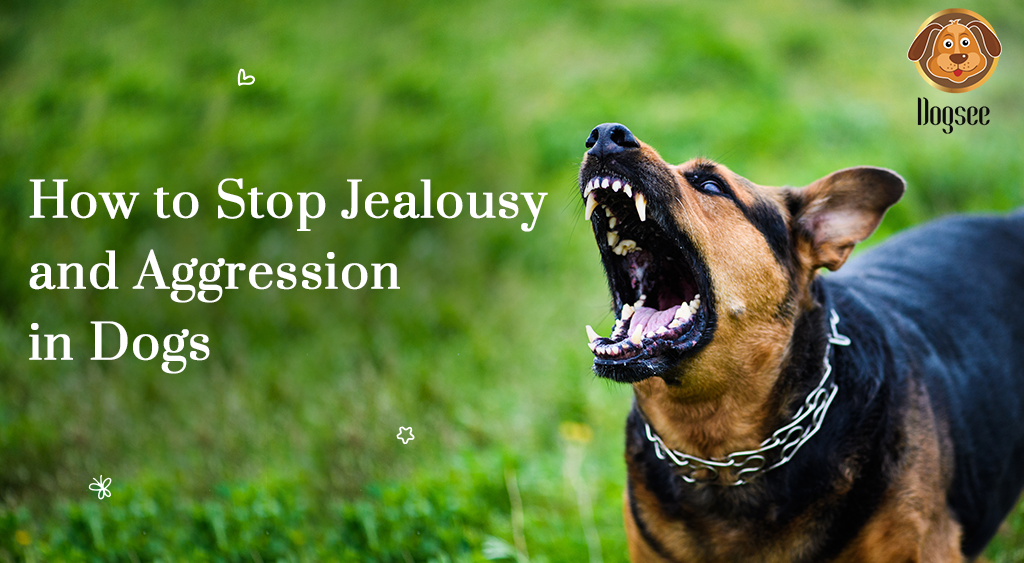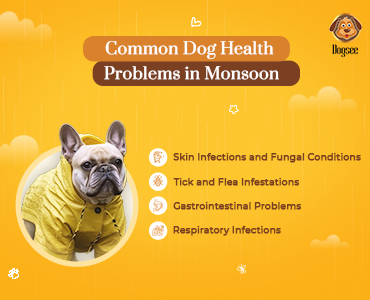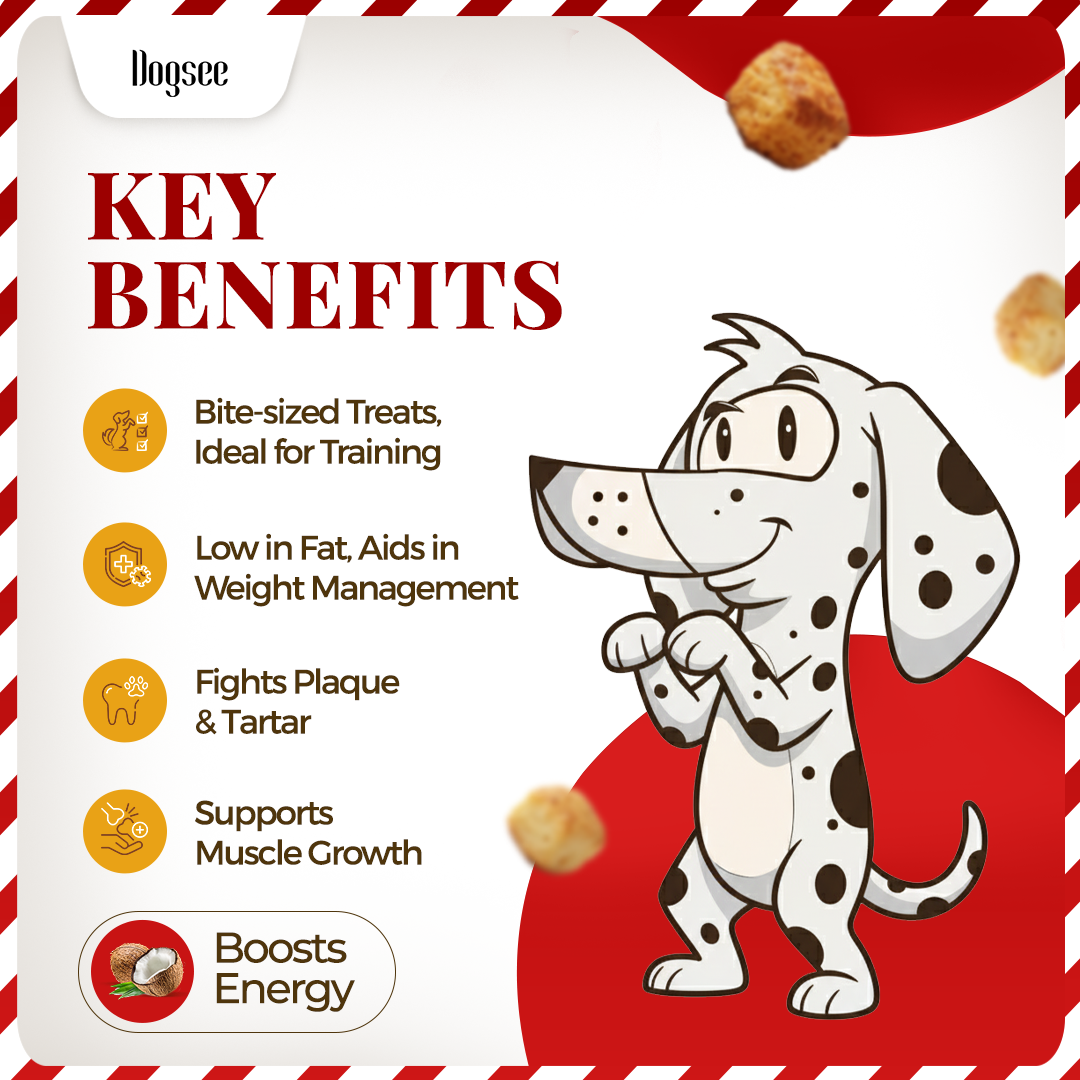
For a long time, we've been under the misconception that only humans battle mental health issues, anxiety being one such widespread issue. This statement can't be further from the truth. Our canine friends have their battles with anxiety too and this can be quite normal. Here are the most common types of anxieties that dogs suffer from.
Types of anxiety in dogs:
Separation Anxiety: If your dog has a calm demeanor but instantly gets agitated when they see you leaving, chances are they might be experiencing separation anxiety. The most common symptoms are excessive howling and barking, excessive chewing, furniture and shoe destruction, and so on. The causes for this might have been being abandoned in the past or being mistreated in some way, or being left alone for the first time, or even a distinct change in their environment or schedule.
Illness-induced Anxiety: Sometimes, when dogs get sick, they become anxious as they don’t understand what is going on with their body and start to whine and whimper due to stress.
Fear of loud noises: Dogs have extremely sharp auditory senses and can hear nearly twice as many frequencies as humans and from a distance of up to 4 times more. This causes them to fear loud noises like fireworks, loud vehicles, thunderstorms, etc. which in turn results in howling, barking, and growling incessantly as they try to communicate with the members of their family.
Generalized Anxiety: These kinds of anxieties are usually not very easy to determine. It might be because of something that happened to them before they became a member of your family or something that happened in the past and went unnoticed. This is also caused if there is a sudden change in their routine or environment, such as late breakfasts or having their walks rescheduled. Dogs usually become extremely subdued or start to misbehave.
Common signs of anxiety in dogs:
Growling or barking.
Self-harm, including excessive licking or chewing.
Panting and pacing, even when it is cold.
Escaping in the yard.
Shivering and tail tucking.
Cowering and whimpering.
Digging.
Destroying furniture.
Vomiting and urinating frequently.
Avoiding eye contact.
Lack of tail wagging.
Ways to treat your dog’s anxiety:
Behavioral Training: Creating various pastimes for your dog while you are away is one way to keep them distracted. Long-lasting treats and chew toys are also good distractions. Make sure that you give these to your dog before you leave so that they are adequately engaged by the time you leave.
Physical Contact: When your dog is anxious about something, make sure they are in constant physical contact with you as it soothes them. Make sure that you act according to the symptoms they are showing, gently pull them close and pet them and keep talking to them.
Exercise Your Dog: Anxiety builds a massive amount of pent-up energy and it is important for dogs to release them or they might become aggressive. Since it is not possible for pet parents to constantly be with their dogs, exercising the dogs and tiring them out whenever possible is often preferable. This is a great stress reliever for dogs, helps with weight management, and is a bonding experience between the parent and the pet.
Training: When you feel like your dog is showing signs of anxiety, distract them with a few training exercises. Since training exercises involve bite-sized treats, the dogs will eventually get into the habit of exercising and training whenever they start to feel anxious.
Music Therapy: Music has always been a tool to calm our minds and soothe our souls when we begin to feel stressed. Calm music can work wonders with your dog too. A useful tip would be to associate calming music with stressful situations. This way, whenever your dog’s anxiety level increases, they immediately connect it to calming and relaxing music.
Medical Treatment: If you feel like the traditional methods are not being helpful for your dog’s anxiety, take them to a veterinarian doctor. They might recommend some medicines to help take the edge off. These medications are usually prescribed when dogs display an extreme level of anxiety under stressful situations.
It is easier to identify these issues and tackle them head-on when your dog is still a cutie baby, so make sure to keep an eye on what your dog gets up to and be on the lookout for how they behave around changing routines and external stimuli.
 HELPFUL0 people found it helpful
HELPFUL0 people found it helpful
Related Blogs
Subscribe to Our Blogs
and never miss on the latest update!









